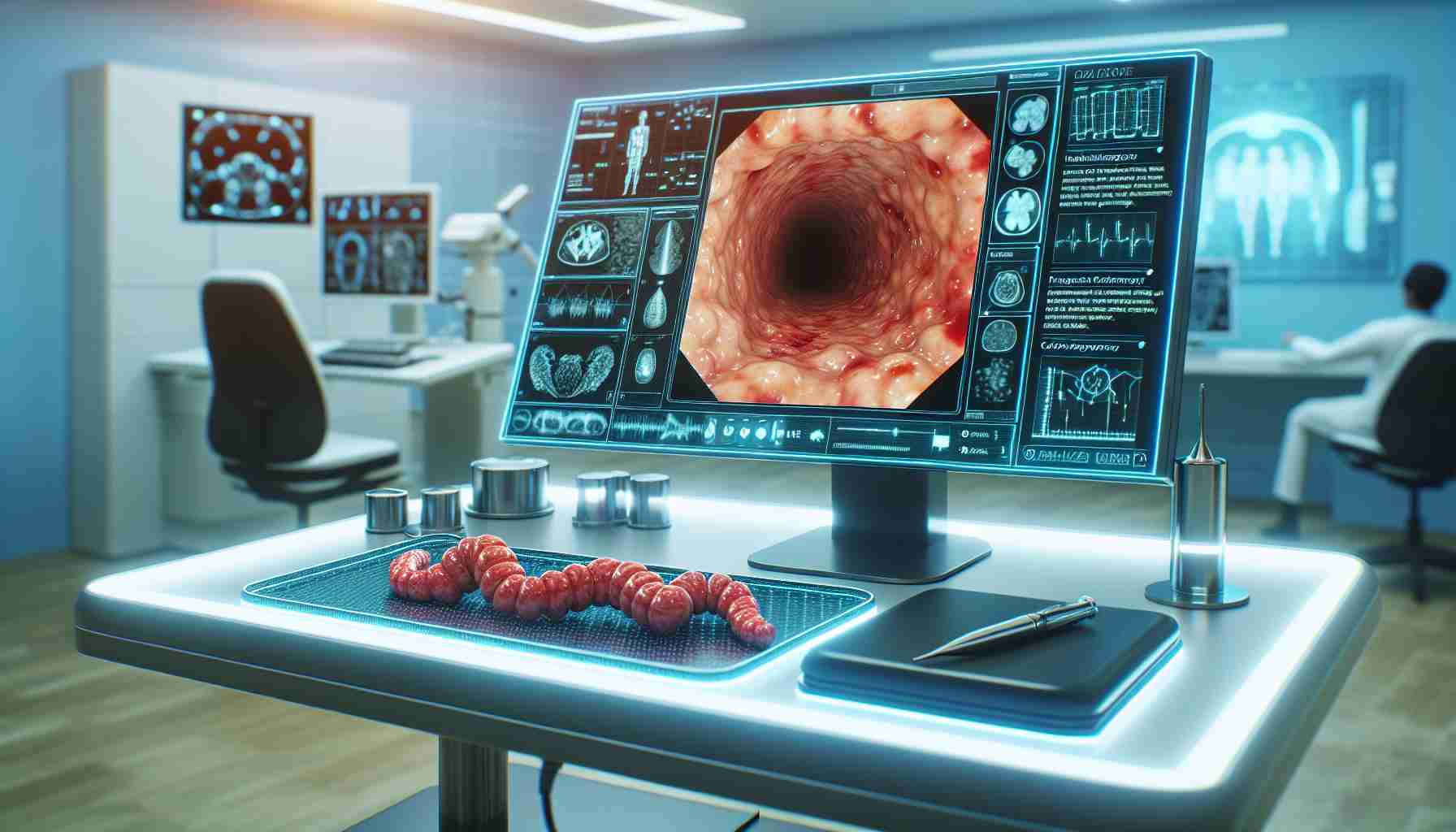Artificial intelligence (AI) has brought a significant transformation to the healthcare sector, with the Department of Veterans Affairs (VA) embracing this innovative technology for colonoscopies. The primary objective is to enhance the detection of polyps, ultimately averting the development of colorectal cancer among veterans.
Colorectal cancer impacts a substantial number of veterans, with around 4,000 diagnoses annually. Marine Corps veteran Kevin Huggard expresses his enthusiasm for the incorporation of AI in this field, acknowledging its potential advantages for both medical professionals and patients.
Since its inception in late 2022, the VA’s National Colorectal Screening Program has rolled out nearly 300 AI devices across over 100 VA facilities nationwide, including the distinguished Durham VA Healthcare System.
Dr. Ziad Gellad, the Chief of Gastroenterology at the Durham VA Healthcare System, believes that the utilization of AI in healthcare is merely scratching the surface. He underscores the significance of polyp identification in colorectal cancer screening, especially during colonoscopies. AI acts as an additional pair of eyes, enhancing the capability to detect polyps that might otherwise evade notice.
In contrast to conventional colonoscopy methods, AI does not modify the procedure itself. Instead, it employs a simple approach of highlighting areas of interest with green boxes on the screen, guiding medical practitioners to the presence of polyps, even those that are minuscule. By cross-referencing images from the processor with its internal system, the AI technology can pinpoint polyps that were previously discerned solely through human observation.
The integration of AI in healthcare is an exhilarating frontier. Although over 120,000 colonoscopies have been performed nationwide using AI technology, this is just the outset of a transformative journey. Dr. Gellad stresses that patient privacy remains intact as all images are securely stored within the system.
In conclusion, the integration of AI in colonoscopy holds the promise of significantly enhancing polyp detection and impeding the progression of colorectal cancer in veterans. This technological advancement signifies a remarkable leap forward in healthcare, and its continual evolution is poised to usher in further progress in the realm of gastroenterology.
FAQs
What is the primary goal of using artificial intelligence in colonoscopies?
The primary aim is to boost polyp detection and prevent the onset of colorectal cancer among veterans.
How many veterans are diagnosed with colorectal cancer each year?
Approximately 4,000 veterans receive a colorectal cancer diagnosis annually.
How does artificial intelligence assist during a colonoscopy?
AI highlights potential areas of interest on the screen through green boxes, guiding doctors to unnoticed polyps.
Does artificial intelligence increase the likelihood of finding polyps during a colonoscopy?
Yes, the VA reports that AI technology increases the probability of detecting polyps by over 14%.
Does AI replace human diagnosis?
No, AI technology functions as an additional tool to support doctors and does not supplant human diagnosis.
Is the use of AI in colonoscopies completely accurate?
While AI technology provides valuable support, its accuracy is not yet infallible. Some features identified by AI may resemble polyps but are not harmful.
Can AI determine if a polyp will turn into cancer?
Currently, AI is unable to predict whether a polyp will evolve into cancer. Nonetheless, this represents a field of active research and a potential future application of AI in colonoscopy.
